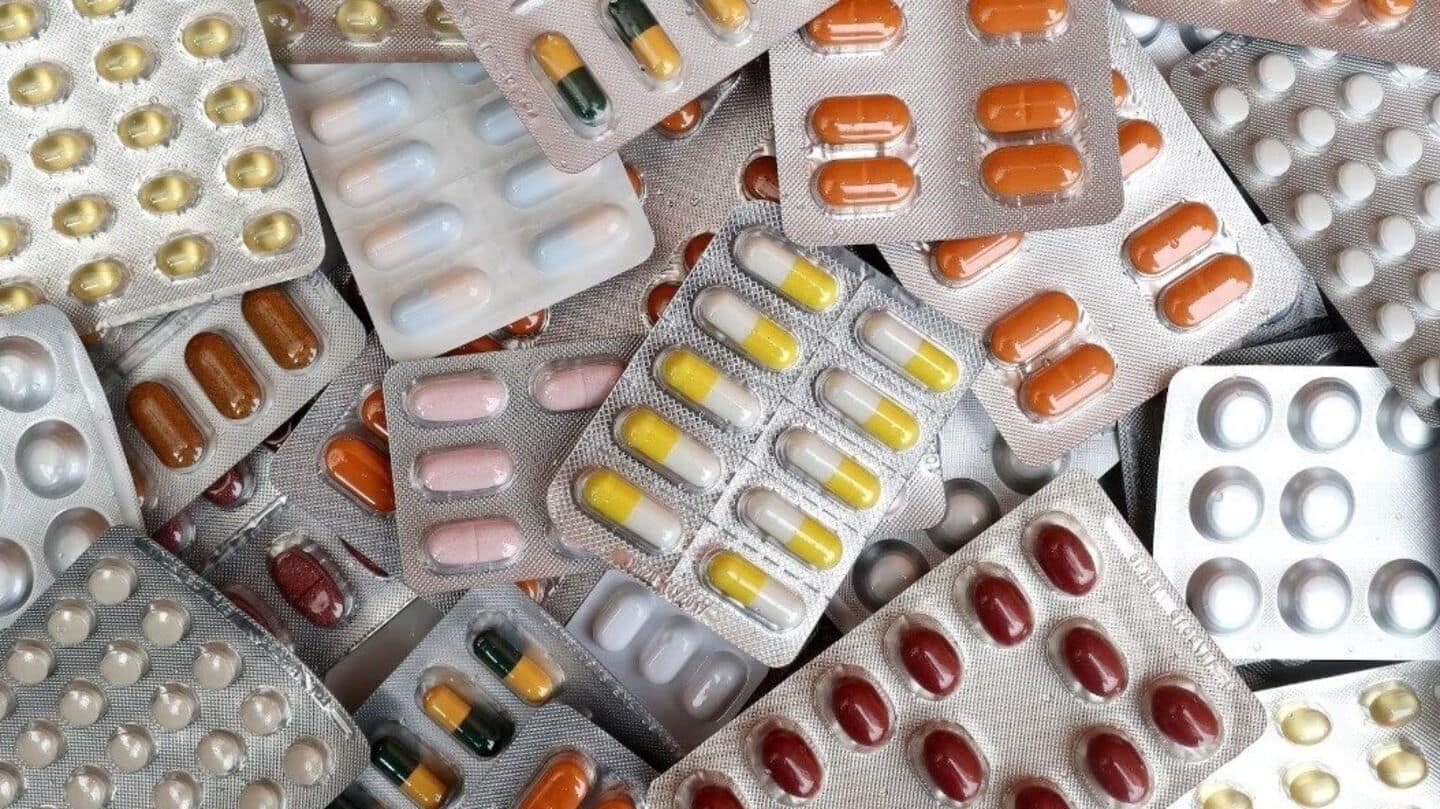
Pakistan rushes to secure drug supplies after trade halt
What's the story
After India's recent suspension of the Indus Water Treaty over the Pahalgam attack, Pakistan has suspended all trade with its neighbor.
However, the decision has led Pakistani health authorities to take "emergency preparedness" measures to secure medicines.
According to the Drug Regulatory Authority of Pakistan (DRAP), though no formal notification on the ban's effect on the pharmaceutical sector has been issued, contingency plans are in place.
Supply dependence
Pakistan's reliance on India for pharmaceutical raw materials
Pakistan currently relies on India for 30-40% of its raw materials for pharmaceuticals, including Active Pharmaceutical Ingredients (API) and advanced therapeutic products.
Following the suspension of trade, DRAP is making active efforts to find alternatives from China, Russia, and several European countries.
The agency aims to ensure a constant supply of essential medical supplies, including anti-rabies vaccines, anti-snake venom, cancer therapies, monoclonal antibodies, and more critical biological products.
Supply chain risks
Concerns over potential shortages and black market
Despite DRAP's readiness, industry insiders and health experts have warned of possible shortages if immediate measures are not taken to offset the impact of the trade suspension.
A senior official of Pakistan's Ministry of National Health Services, Regulations and Coordination disclosed that "We also import finished products, most importantly, anti-cancer therapies, biological products, vaccines and sera."
The Ministry of Health has not yet received an official directive clarifying the status of pharmaceutical imports.
Trade exemption request
Pharmaceutical industry appeals for exemption from trade ban
Meanwhile, a delegation of pharmaceutical industry leaders has pleaded for exemption from the trade ban.
Tauqeer-ul-Haq, Chairman of the Pakistan Pharmaceutical Manufacturers Association (PPMA), said: "We urged them to exempt the pharmaceutical sector from the ban, as there are many life-saving products whose raw materials come exclusively from India."
The PPMA delegation also called on the Special Investment Facilitation Council (SIFC) to exclude health-related trade from the ban.
Long-term strategy
Experts urge investment in local production
Several experts see the ongoing crisis as a chance for Pakistan to focus on the indigenous manufacturing of APIs, vaccines, and biologicals.
According to senior public health expert Zafar Iqbal, "This crisis could be a turning point for Pakistan."
This viewpoint highlights the importance of local pharmaceutical manufacturing to cut down on imports and secure a reliable supply chain in the future.